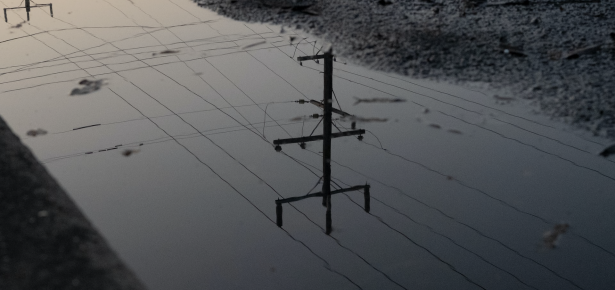
London, under the conditions of social isolation, has been turned inside out. Its centre is empty; its peripheries are full of people.
The streets of the city’s suburbs, in the unseasonable heat of the Easter weekend, bristle with pedestrians. Entire families, even extended families, occupy the pavements. Couples weave along the roadsides in an attempt to evade them, almost colliding with cyclists and runners as they do so. No one seems to maintain the compulsory 2-metre distance. Everyone is cross with everyone else. Or, more covertly, seethes with resentment. The residential roads around my nearest park feel like shopping streets in central London.
Meanwhile, in Oxford Street, which is normally heaving with shoppers on a sunny Bank Holiday weekend, there is no one. It is deserted. Its atmosphere is that of a Sunday prior to Parliament’s introduction of Sunday trading in 1994. An eternal Sunday. I walked the entire length of it a couple of days ago and encountered only a handful of people. Plains of cement, to echo the title of a novel by Patrick Hamilton from the 1930s, as far as the eye can see…
For an instant, as I turned into Oxford Street from the Tottenham Court Road, at its eastern end, it felt liberating. Not a single shop or department store open! But it was finally too disquieting, too unsettling. Those of us who’d strayed more or less consciously into its precincts, our motives for doing so completely opaque to one another, looked like escapees. It’s as if, on Oxford Street, far from the busy, sociable suburbs, people are on the run from something. Their families? The future?
In the guise of the Uncommercial Traveller, Charles Dickens once wrote a characteristically moving and unnerving essay called ‘The City of the Absent’. Published in All the Year Round in 1863, it describes his delight in roaming through the streets of the City of London, London’s financial district, on a Saturday evening or a Sunday, when there is absolutely no one about. ‘Where are all the people who on busy working-days pervade these scenes?’ he asks in some excitement.
Everything has acquired a picturesque quality that is unthinkable in the working week. For example, he glimpses cemeteries and churchyards – ‘so small, so rank, so silent, so forgotten’ – that are normally invisible because of the weekday bustle of commuters and office workers. It is as if Nature itself, in an elaborate game of Grandmother’s Footsteps, is stealthily reclaiming a region definitively conquered by Civilization because the City’s back has momentarily been turned.
But the relief the Uncommercial Traveller feels on himself reclaiming this empty corner of the vast Victorian metropolis from its commercial interests is tinged with melancholy. An elegiac tone, accordingly, creeps into the piece: ‘Contagion of slow ruin overhangs the place.’ Perhaps he is thinking of those poorer residents who were displaced from here, during the 1850s and 1860s, as a result of the City Corporation’s programme of slum clearance. These people are implicitly a present absence to Dickens.
At the end of ‘The City of the Absent’, he mentions what he characterizes as ‘the Sunday sensation’ he experiences when traversing the City during its ‘weekly pause of business’. And he adds, more ominously, that this sensation is ultimately that ‘of being the Last Man’. He is alluding to Mary Shelley’s novel of that name, published back in 1826, which had recounted the elimination of all except a single representative of humanity by a plague that, in some far-distant future, rages across the surface of the globe.
Today, Mary Shelley’s future doesn’t seem so far-distant; and, disturbingly, the ‘Sunday sensation’ that Dickens describes, which is palpable in Oxford Street if not in the suburbs of London, is all-too evocative of visions of the Last Man.
Latest Comments
Have your say!